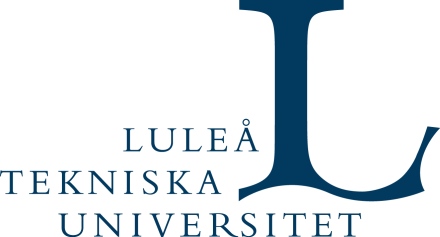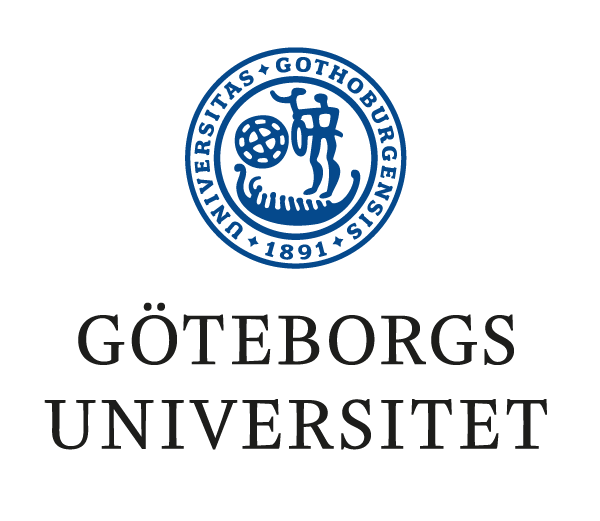The seminar took place on May 24th at the old Centralposthuset in Stockholm, and was streamed live on the Swedish Policy Council’s website. SFL’s Director and Professor Kent Eriksson, Vice-Directors Dr Mark Sanctuary and Professor Joakim Sandberg presented the report, and the presentation was subsequently followed by several panel discussions moderated by Cecilia Hermansson.
The presentation focused on three main areas in which policy can be utilized so as to a greater extent to more effectively allocate capital and efforts of the financial market towards the climate transition. The three areas and overall recommendations pertaining to: Market Functioning – improving the market’s own ability to allocate resources through identifying and addressing market failures, Prudential Regulation – encouraging the Swedish government to review the mandates given to relevant authorities such as Riksbanken and Finansinspektionen to enact public policies that increase the alignment between prudential and sustainability goals, and lastly Directly Promotional Activities – emphasizing the role of the public sector to play a more active and direct role in redirecting capital flows towards sustainable companies and projects, through initiatives such as public investments or credit guarantees.
Professor Kent Eriksson highlighted the two main processes to progress and develop the financial market’s ability to contribute towards the climate transition. ‘Green Financing’, working to discontinue the financing of unsustainable businesses and business models, and also working to ensure that climate risks are integrated in financial risk frameworks. The second process, ‘Financing Green’ entailing to direct capital towards green projects and businesses. Professor Kent Eriksson also went into the importance of just the financial markets’ contribution towards sustainable development and the its unique ability to do so. Dr Mark Sanctuary presented the current market failures and distortions and clarified why they prevent the financial market from contributing more effectively, such as asymmetric information, myopic behaviour and the presence of political uncertainty. Highlighting the need for policy, research and initiatives to tackle these issues head-on. Professor Joakim Sandberg finished the presentation of the report by going through the three main areas as they relate to the recommendations the lab has put forward to address these issues. While simultaneously clarifying the reasoning behind the specific recommendations and more.
Following the presentation Svante Axelsson, national coordinator of Fossil Free Sweden, who have recently published their own report, discussed and compared their conclusions and observations with Kent Eriksson. The importance of active and responsive policy in creating better conditions for sustainable investments to successfully meet the climate targets was emphasized. As well as the importance of Sweden to actively engage in sustainability issues on the international level. The recommendation to institute a Green Investmentbank and what that would entail was discussed.
Anna Breman, deputy Governer Sveriges Riksbank and Johanna Fager Wettergren, head of Sustainable Finance at Finansinspektionen, took part in a panel where they shared their insights and perspectives as representatives of prudential regulators and their view of the lab’s recommendations. They shared their respective institutions escalating work with sustainability, how climate risks relate to their work with financial risk, the work going on at EU-level and the importance of international collaboration, and much more.
The panel representing the financial sector was made up of Ylva Wessén (CEO Folksam), Fredrik Nordström (CEO Fondbolagens förening) and Fredrik Nilzén (Head of Sustainable Finance at Swedbank) who all shared their work with sustainability, and what they from experience believe the financial sector can do and need to successfully help fund the climate transition. Ylva Wessén shared how Folksam is investing in SSAB to support the company’s transition into fossil free steel manufacturing. A preferably option in terms of positive climate impact instead of simply divesting from projects that are not already green. Fredrik Nilzéntalked of the role of banks in progressing sustainable development and the important of accurate up-to-date data to ensure efficient and reliable sustainability efforts, and the need for cooperation to close current data gaps. Fredrik Nordström discussed the different strategies for how funds can work efficiently with sustainability and the impact of sustainability regulation and initiatives, and how to make impact in the real economy, and much more.
The event was closed with a common panel reflecting on what should be done next, and with a speech from Ola Alterå, chief executive of the Swedish Climate Policy Council.
To hear more in depth and take part of the discussions (which this summary only scratches the surface of) and the report, you can watch the seminar below.






